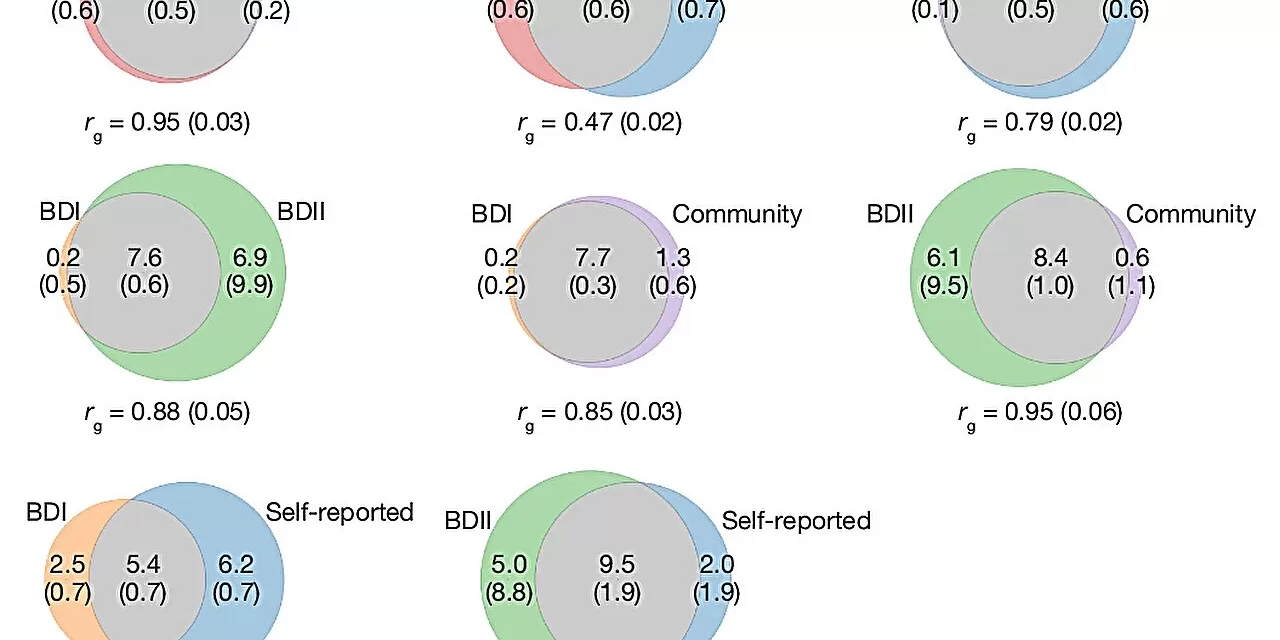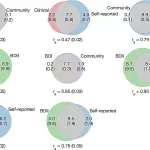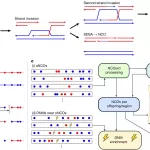A new study published in the journal Nature has shed light on the biology of bipolar disorder, a complex mental illness that affects millions of people worldwide. The study, which is the largest of its kind to date, identified 298 genomic regions associated with bipolar disorder, including 267 that were previously unknown.
“This is the first large multi-ancestry genomic analysis of bipolar disorder, including different types of bipolar disorder,” says researcher Kevin O’Connell at the Center for Precision Psychiatry at the University of Oslo, and first author of the study. “Due to the large sample size, the study greatly increased genetic discovery to nearly 300 genetic variants associated with bipolar disorder,” says O’Connell. “These genetic findings improve our understanding of the underlying biological mechanisms for bipolar disorder.”
The researchers also found differences in the genetic signal of bipolar disorder based on whether participants were recruited from clinical, community-based, or self-report samples. They also found different genetic signals between bipolar disorder types I and II.
“These results suggest that there are differences in the molecular biology between bipolar subtypes, which is important for future research, as well as clinical implications,” says Professor Ole Andreassen at the Center for Precision Psychiatry at the University of Oslo, and lead investigator of the study.
Further analysis suggested a possible role for neurons in the prefrontal cortex and hippocampus of the brain in bipolar disorder. Interestingly, the study also found that cells in the intestine and pancreas are involved.
“The biological insights from this research could pave the way for developing improved treatments, earlier interventions and precision medicine approaches,” says Andreassen. “Gaining insight into the biological risk factors for bipolar disorder could also support clinicians in their decision making around managing the condition more effectively.”
The study linked 36 key genes to bipolar disorder which can now be prioritized in a range of experiments to uncover the biological mechanisms through which these genes relate to bipolar disorder. These genes may also be used in experiments exploring new drug targets and drug development for bipolar disorder.
This study is the largest genome-wide study of bipolar disorder to date, analyzing data from European, East Asian, African American and Latino ancestries.
“This research would not be possible without the collaborative efforts of scientists worldwide, enabling the study of hundreds of thousands of DNA sequences,” says O’Connell.
The findings from this study could have a significant impact on the future of bipolar disorder treatment. By better understanding the biology of the disorder, researchers may be able to develop new treatments that are more effective and have fewer side effects. Additionally, these findings could help to identify people at risk for developing bipolar disorder, which could allow for earlier intervention and prevention.
Source: Nature (2025)











